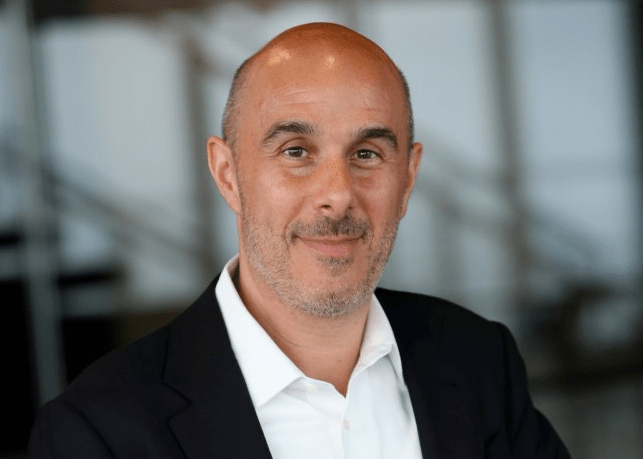The constant news stories about powerful, highly visible men accused of sexual harassment feel like a brutal, unrelenting cavalcade of horrors. But the fact that there’s been a tremendous opening for women to come forward to tell stories about these crimes is encouraging. The outpouring of stories detailing these acts in the mainstream media is something unlike we’ve ever seen in history. This is truly a transformative moment.
But on the other hand, the other layers involved are discouraging, to say the least. First, women have to relive their traumas, injuries, and psychological pain in a highly public way in order to be believed, whether that is through investigative reports or hashtags such as #metoo. Second, the media focus has been on highly visible celebrity men—those men who occupy important positions of power in our entertainment industries, political cultures, and the news business. The news stories emphasize the individuals involved rather than the structural underpinning of all these industries.
The latest story is of the revered news anchor Matt Lauer, the host of The Today Show for two decades, who was fired from NBC because of accusations of “inappropriate sexual behavior.” Throughout the day, the accusations accumulated, and it seemed clear that this was Lauer’s pattern of behavior (to which he admitted wrongdoing). Yet, despite the recent public context of an ever-increasing group of powerful men who have been accused of sexual assault, one of the primary reactions to the accusations against Lauer were those of surprise and disbelief. Sentiments such as “But he’s so nice!” and “I grew up watching him—how could this happen?” circulated on social media. Even his co-host, Savannah Guthrie, while acknowledging “the brave colleague who came forward to tell her story,” also said, tearfully, that she was “devastated” and that Lauer was a “dear, dear friend.” It’s as if because Lauer once announced Santa Claus’ arrival during the Macy’s Thanksgiving Day Parade on The Today Show, he is somehow immune to the privileges patriarchy has afforded him as a highly powerful man.
Frankly, the idea that “nice” men aren’t harassers is ludicrous to most women, especially those who have been subject to sexual violence. Framing the issue in terms of “nice” men vs. those who are “really” predators is not only the wrong way to have a national conversation about sexual harassment, but it distracts us from the larger problem: structural misogyny and sexism. Profiling the celebrity men who have been recently accused of sexual predation in a way that contrasts their behavior with their professional achievements, families, and contributions to society personalizes their behavior as if it was an aberration rather than the norm.
When we focus on individual, high-profile men and their unique transgressions, we are distracted from the fact that this kind of behavior is a norm, as a common practice and a masculine prerogative—for nice and not-nice men—and by how the structure of male privilege undergirds all industries, not just journalism, not just entertainment, but also ordinary everyday life.
It has been not only an important, but crucial, move to expose powerful men who have powerful jobs as sexual predators. The women who have come forward to accuse these men are brave; for years, their lives and careers have been at stake, and we owe them our respect for the courage to come forward and tell their stories. Yet, now that there are viable mechanisms for women to come forward with their stories of sexual violence—and more importantly, that there have been actual, material consequences for the men who have abused them—we need to shift the conversation. We need to move from profiling individual men, and asking the question about whether or not they are “nice,” to thinking about structural misogyny and sexism. We need to reframe the discussion so that we don’t focus on unique industries—“oh, that’s the way journalism/entertainment/technology has always been”— and both recognize and struggle with the fact that sexual violence is enabled by male prerogative and masculine privilege.
Sarah Banet-Weiser is professor, director and vice dean at the Annenberg School for Communication and Journalism at the University of Southern California. Her research focuses on gender and media.










